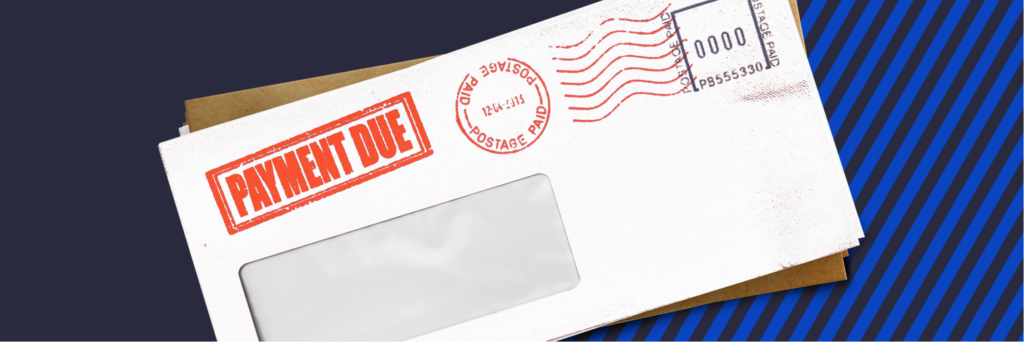What is an Emergency Fund?
An emergency fund is an easily accessible pool of money set aside in case of an urgent or unforeseen financial situation. Financial ups and downs occur naturally, so it pays to be prepared for the unexpected with an emergency fund. Your emergency fund should not be considered a nest egg or calculated as part of a long-term savings plan for college tuition, a new car, or a vacation. Instead, treat this fund as a safety net, only to be tapped when an emergency occurs.
How Much Should You Have in an Emergency Fund?
A number of different factors will determine the size of your emergency fund. These include your lifestyle, monthly costs, income and dependents. However, the general rule of thumb is that you should have enough saved to cover at least three to six months’ worth of expenses. If that seems like a daunting goal to you, then perhaps try putting away a small amount each week or two until you achieve it. Your family needs, bill obligations, job stability and other factors will also come into play when determining how much money you should save.
Where to Keep Your Emergency Savings
Just as emergencies can happen without warning, you need to be able to access your emergency savings quickly and without cost. For that reason, emergency savings may be best placed in an interest-bearing bank account like money market or interest-bearing savings accounts, which can be accessed easily without taxes or penalties. You could risk losing too much money if you need to withdraw money quickly from mutual funds, stocks or other assets, which may lose value as a result. You could also incur early-withdrawal penalties if you ever needed quick access to emergency savings kept in an account such as a certificate of deposit (CD) or Individual Retirement Account (IRA).
When Should I Use an Emergency Fund?
Your emergency fund should be reserved exclusively for financial emergencies. Any event that causes an unforeseen expense, like a car repair or a medical bill, qualifies as a financial emergency. Be sure to use your emergency fund only when you need it. Then always make sure to continue replenishing your emergency savings once things improve.
Avant branded products are issued by WebBank.
The information provided on this website does not, and is not intended to, constitute legal, financial, or tax advice; instead, all information, content, and materials available on this site are for general informational purposes only. Information on this website may not constitute the most up-to-date legal, financial, tax or other information. This website contains links to other third-party websites. Such links are only for the convenience of the reader, user or browser; Avant does not recommend or endorse the contents of the third-party sites.




